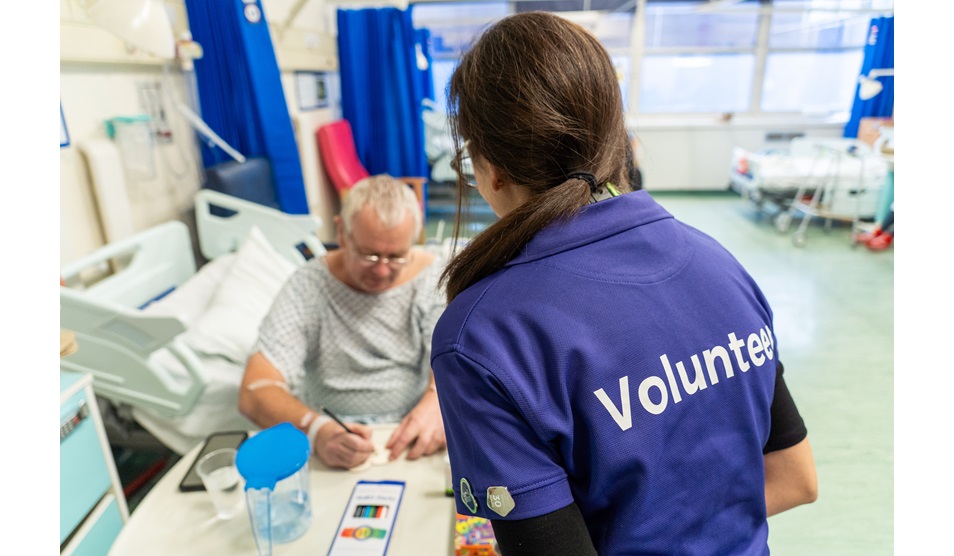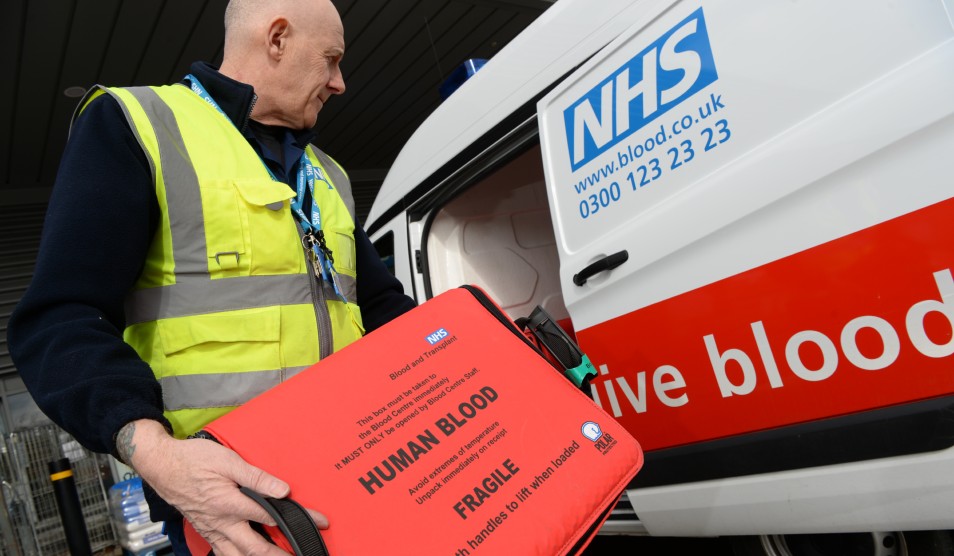Innovative scan for prostate cancer could save lives by increasing early detection
Researchers at Imperial College Healthcare and Imperial College London have developed a new scan, known as a ‘Prostagram’, that could help improve early detection of prostate cancer and potentially save thousands of lives a year.
It is the first time that any scan has been shown to be accurate enough for use as a prostate cancer screening test. Researchers believe the 15-minute scan could have the potential to find thousands more cases of prostate cancer a year, according to a study published in JAMA Oncology.
Prostate cancer is the most commonly diagnosed cancer in the UK with more than 49,000 cases a year. It affects one in eight men and there is thought to be an increased risk for black men - one in four are affected during their lifetime.
In the UK based study, 408 men between 50 and 69 accepted the offer of a Prostagram scan through their GP, including 132 black men (32 per cent). Participants also underwent blood tests and prostate ultrasounds in order to compare the prostagram to current standard screening techniques.
The research showed that Prostagram picked up twice as many prostate cancers compared to blood tests. 17 participants overall were found to have aggressive prostate cancer and were cared for at Imperial College Healthcare – 14 of these cases were picked up through the Prostagram compared to 7 picked up through blood tests.
Professor Hashim Ahmed, senior author of the paper and consultant urological surgeon at the Trust said: “Our promising study has shown that Prostagram has the potential to form the basis of a fast, mobile national screening programme for prostate cancer and could be a game-changer but we need a much larger study of thousands of people to gather the evidence needed to make changes to national guidelines.
“Around 12,000 men die each year from prostate cancer and a screening programme could make a major difference, reducing the number of men dying needlessly from this disease. Prostagram could detect more aggressive cancers earlier and provide opportunities for less invasive treatments with fewer side effects.”
Prostagram screening could be modelled on the current programme for breast cancer, where women are routinely offered a mammogram every three years as part of a national programme. This type of screening has been credited with saving around 1,300 lives a year, reducing the death toll by around 10 per cent.
Dr David Eldred-Evans, fellow researcher and developer of the Prostagram said: “The encouraging results of this study bring a mass screening programme for prostate cancer, equivalent to mammogram testing for women, a step closer.
“Our trial recruited a diverse range of participants of different ethnicities and socio-economic backgrounds, which helps us to better understand how these results could be applied to the general population, though this requires confirmation in large screening trials. We are working on plans for a more extensive trial involving 20,000 men which could help create a clear pathway to the widespread implementation of Prostagram the general population.”
This research was funded by the Wellcome Trust, The Urology Foundation, the BMA foundation for Medical Research, the Royal College of Surgeons and National Institute of Health Research Imperial Biomedical Research Centre.





